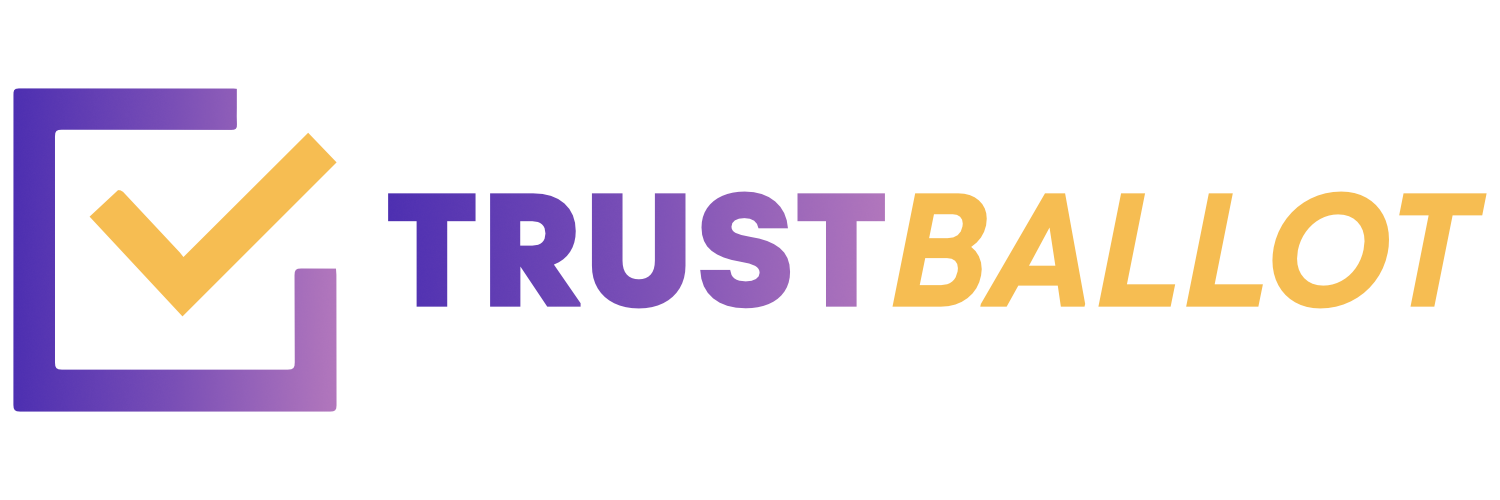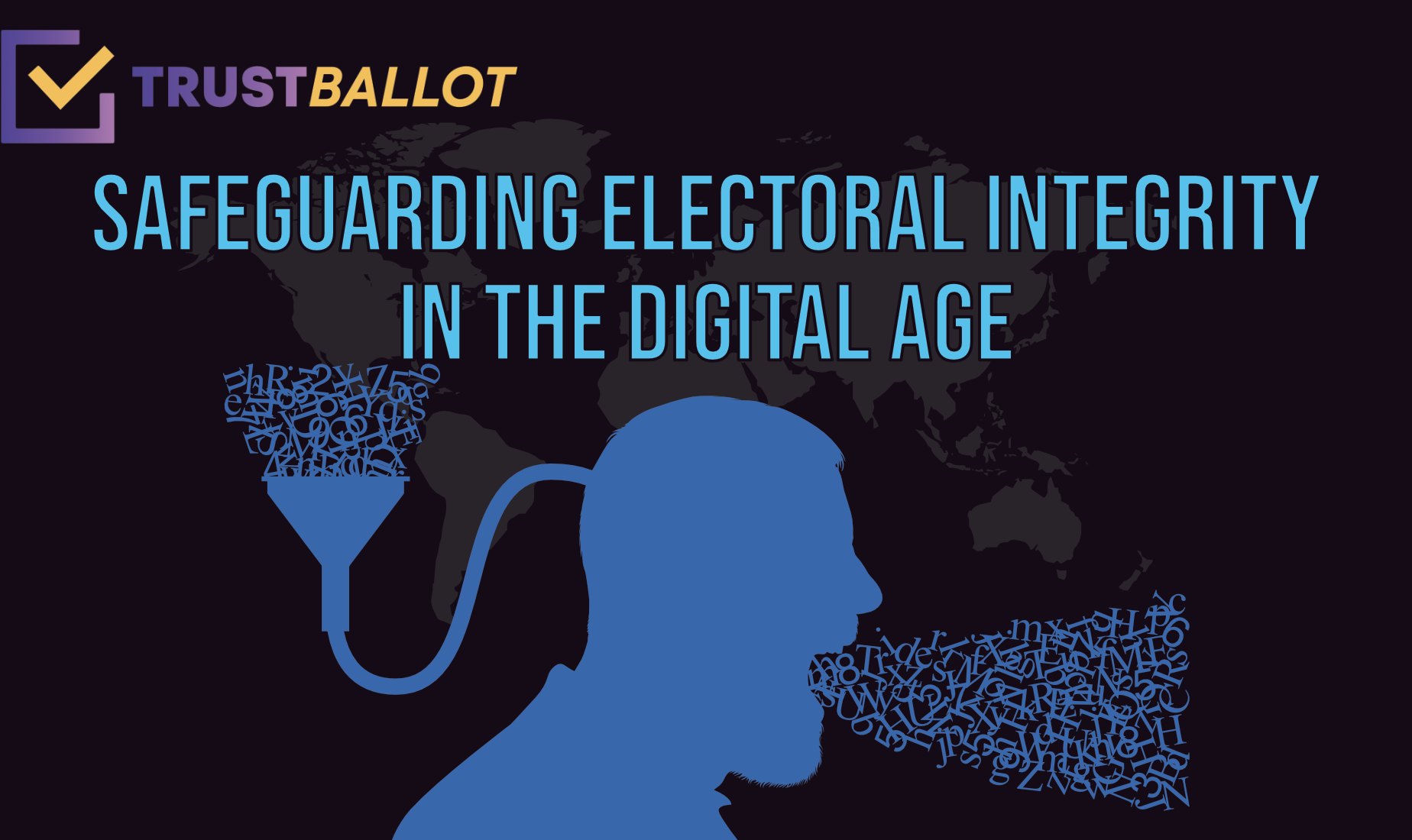Safeguarding Electoral Integrity in the Digital Age
In a world ever more interconnected and interdependent, the sanctity of truth seems to be eclipsed by the alarming escalation of electoral misinformation, a phenomenon that threatens the pillars of democratic governance and mutual trust within society. At this juncture, safeguarding the integrity of the democratic process demands a vehement stand against the rising tide of misinformation that seeks to cloud the judgment of the populace.
Within the vibrant corridors of the digital age, the twin phenomena of information democratization and misinformation proliferation unfold side by side. This has engendered a complex maze of narratives where distinguishing between the genuine and the fabricated becomes a daunting task for the ordinary citizen, thus casting a shadow over the very ethos of democracy.
The unrestrained flow of misinformation, particularly during election seasons, highlights the vulnerabilities of social media platforms. The seeming incapacity of these platforms to rein in false narratives not only hinders informed decision-making but also risks eroding the trust and authenticity central to electoral processes globally.
Cultivating a responsible and critical approach towards information consumption is no longer a choice but a necessity. A discerning individual should ardently scrutinize the veracity of any piece of information before endorsing or sharing it further. This ethos encourages conversations that are grounded in reality and factual accuracy, nurturing a societal fabric that reveres the truth.
Equally paramount is the ability to discern misinformation in its various guises. This skill involves a meticulous examination of sources, an astute analysis of the language encapsulated in reports, and a diligent verification of the images and videos that inundate the online space. These might seem like simple steps, yet they forge a potent defense against the relentless surge of misinformation.
Education emerges as a formidable ally in this scenario. Initiating widespread awareness about the repercussions of misinformation and fostering skills to dissect information critically are vital steps forward. This is a multifaceted mission, necessitating the synergy of governments, civil organizations, and media entities in orchestrating a robust mechanism capable of mitigating the adverse impacts of misinformation.
Simultaneously, the role of digital literacy cannot be understated. It serves as a foundational element in preparing individuals to navigate the deluge of information with discernment and prudence. Encouraging media outlets to uphold stringent ethical standards that foster responsible reporting is another vital facet in this ongoing battle.
Harnessing the capabilities of modern technology can amplify these efforts manifold. The strategic implementation of artificial intelligence and machine learning can preemptively identify and counter misinformation, significantly curbing its potential to spread widely.
As we venture forward in these challenging times, the quest for truth stands as our unwavering guide. A united front, where every individual contributes towards fostering a culture where information is reliable, elections epitomize fairness, and democracy blossoms, untouched by the malevolent grasp of misinformation, is not just an ideal but an attainable reality.
Together, let us aspire to forge a future where the electoral process remains a stronghold of integrity and transparency, resilient against the corrosive influences of deceit and falsehoods. Let us embody vigilance and unity, championing the timeless cause of electoral integrity in a world yearning for truth and authenticity.

